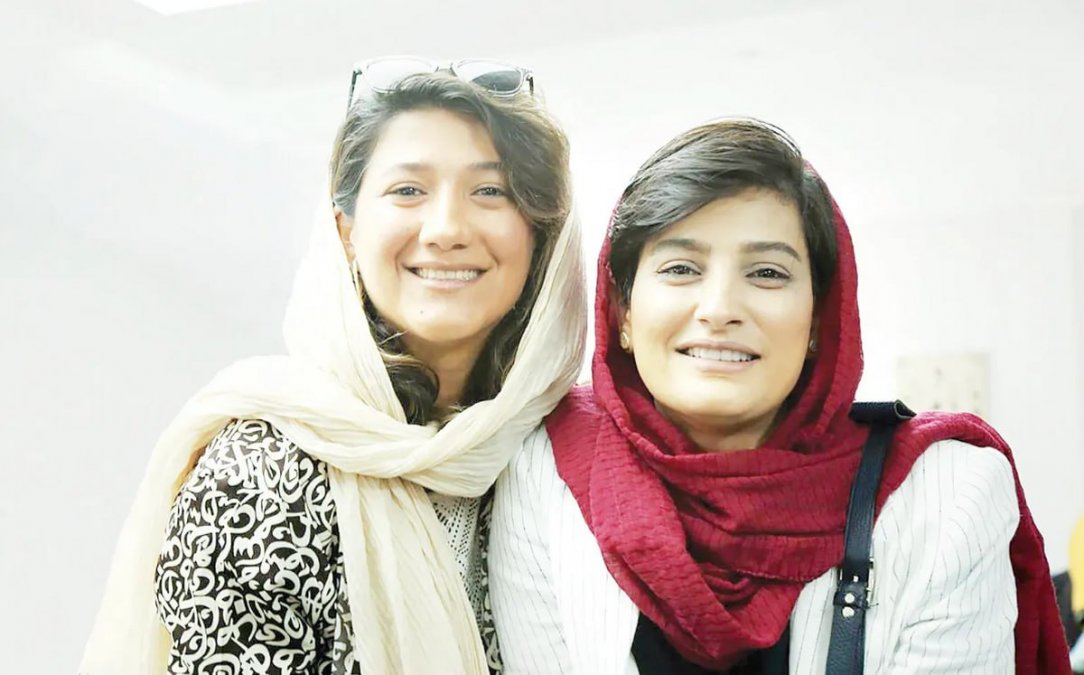The lawyers were not allowed to speak during the first court session.
Shahab Mirlouhi, the lawyer for Elaheh Mohammadi, has explained the details of the legal process and the case review for the first time. Immediately after the electronic power of attorney and contract were set up by Ms. Elaheh Mohammadi on February 20, 2023, the follow-up of the case and visits to Branch 15 of the Tehran Revolutionary Court began, so much so that almost from a few days after this date, dozens of visits to the Revolutionary Court were made.
Finally, on April 17 of this year, we were able to be present at Branch 15 of the Revolutionary Court and submit the power of attorney statement and request to review the case. After further follow-ups, the case was eventually made available to us for review. However, the time given for reviewing the case was not proportionate to its volume, and due to the repeated restrictions and warnings, we ultimately could not have a complete and comprehensive review and note-taking of the case.
In this regard, the statements of the judiciary spokesperson about giving ample time for reviewing the case to the lawyers and their readiness to defend are not very aligned with reality. The reality is that although we had multiple visits to the office of Branch 15 and managed to access the case several times, ultimately, due to the imposed restrictions, we could not fully review and take notes from the case documents.
Moreover, the manner of announcing the hearing date for the case has also surprised us. The judiciary spokesperson announced the date of the first hearing for our client’s case from a public podium without any written notification to us or our client, while there is no such provision in criminal law that allows a judicial official to announce a hearing date from a podium. Interestingly, the hearing date has still not been legally notified to me in writing as Ms. Mohammadi’s lawyer.
Furthermore, even if we accept this illegal method of announcing the hearing date from a public podium, the judiciary spokesperson on May 23 announced the hearing date for our client as June 8, meaning the minimum legal interval between the notification day and the hearing date, which according to Article 343 of the Criminal Procedure Code is seven days excluding the notification and action days, was not observed. Consequently, we did not have enough time to meet with the client and prepare a defense, as in practice, we only managed to meet the client once, with less than 24 hours remaining until the hearing.
In any case, we fulfilled our professional duty by going to court on Sunday, June 8, to attend the hearing, which was held with a one-hour delay. However, throughout the session, the lawyers were not given any opportunity to defend or express any points. We had significant and serious procedural objections in the case; for instance, in our view, the Revolutionary Court does not have jurisdiction over this case, and it should be heard in a competent criminal court with a jury and in an open session.
After all, we all know that the majority of this case pertains to Ms. Mohammadi’s journalistic activities or her opinions and writings. Therefore, it is unclear how a case that is a clear example of press and political cases is being held contrary to Article 168 of the Constitution in the Revolutionary Court, without the free presence of citizens and media, and without a jury.
On the other hand, there were serious flaws and issues in the investigation and case proceedings. Some of the client’s fundamental rights were violated, there were false claims in the case, the client was held in solitary confinement for an extended period, and despite being a well-known journalist, the client has been in temporary detention for eight months without any logical or legal justification. Interestingly, the court president did not allow us to express even the procedural objections.
Only after the indictment was read, questions regarding the case subject were asked of Ms. Mohammadi, which she answered, and eventually, the end of the first session was announced, with the date for the next session to be announced later.
In the end, no matter how much we requested to present our explanations to the court, unfortunately, we were not given any opportunity. The stranger thing for us was that while even the client’s family was not allowed to attend the court session, and while the court president verbally stated that the session was closed, besides us and the client, several others were sitting in the courtroom, and some people were recording photos and videos of the court session.
English
View this article in English

